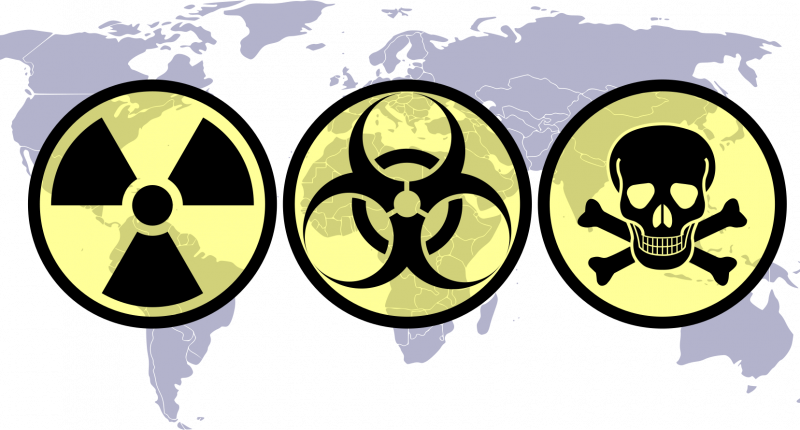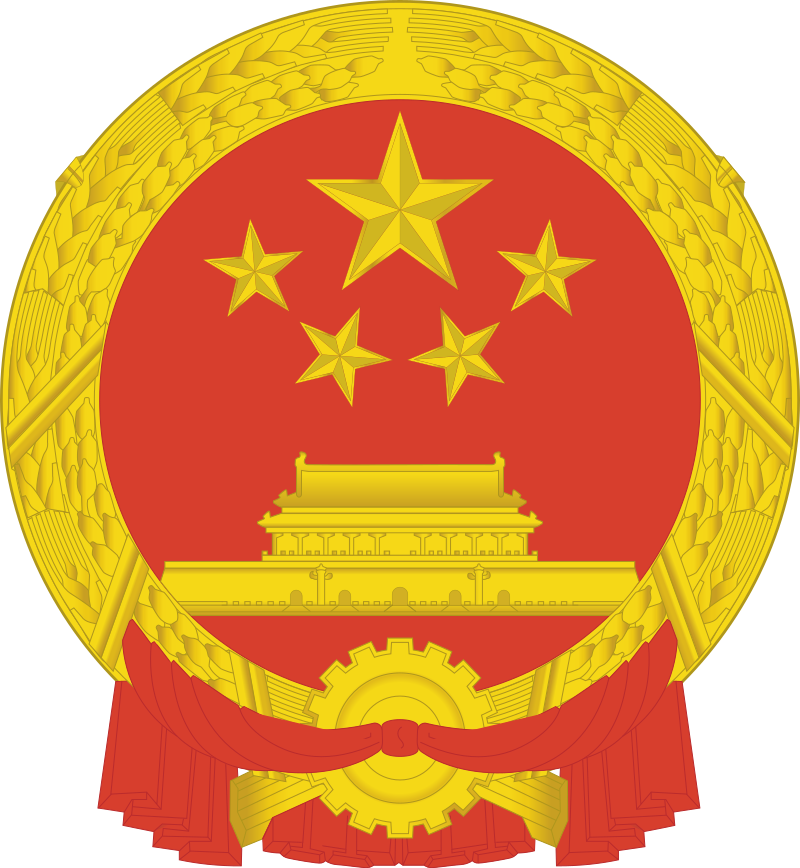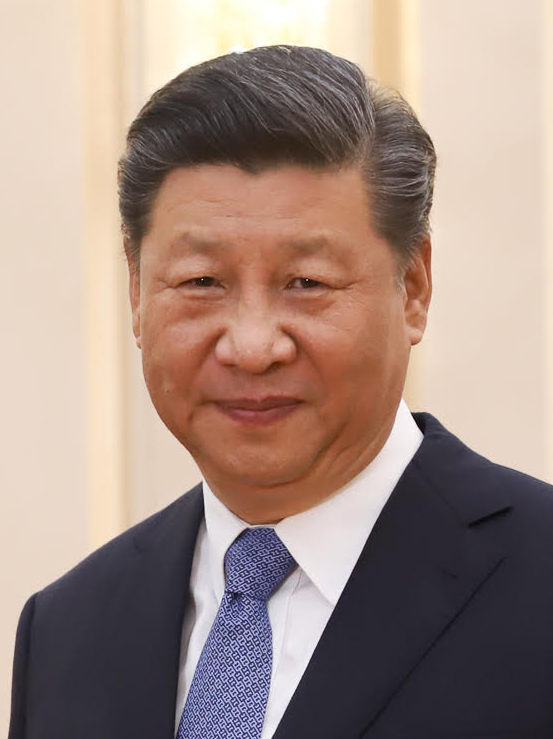TTT New Delhi -China has suffered two setbacks in quick succession, with a third in the pipeline throwing it into a tizzy, and its President Xi Jinping into a seemingly helpless state vis-a-vis achieving his dream of supremacy across the Asia-Pacific region.
The first of these setback was the India-United States’ agreement (signed on Wednesday) on the sharing of defence and computational intelligence, providing India with access to information on China’s military movements in sensitive border areas.
The second; the bilateral military drills being undertaken by the United States and Japan, which also sends a strong message of US backing of Japan over the Sea of Japan towards Beijing.
And the third, which might seem minor in comparison, will be Chinese angst when it realizes that New Delhi is planning to halt the export of castor seeds following intelligence reports that suggest China is using ricin, the poisonous extract of the seeds, to add to its chemical weapons arsenal.
China, defence experts in India say, is preparing itself for chemical warfare as an alternative to military attacks.
Ricin intake (as little as a pinhead’s worth will kill) in various forms including mist, powder, and swallowing will result in death within 48 hours – preceded by unbearable pain as the lungs and kidneys fail.
We understand a letter to this effect has been sent to the Indian Commerce Minister by the Solvent Extractors Association of India (SEAI) President, Atul Chaturvedi, urging him to stop the export of castor seeds.
Mr. Chaturvedi cautioned the Minister against the export as this is an area in which China has reportedly shown newfound interest.
Beijing used to import castor oil – the popular ‘finished‘ product of the seeds, but in the past few months, China has been requesting export of castor seeds only.
In an interview with an Indian news portal, Mr Chaturvedi admitted, however, that the loss of export would have huge ramifications for the domestic industry.
China has always denied the stockpiling of any bio-toxins, or ever using them, but experts on China affairs believe that it has the potential to use them in situations when conventional warfare methods may fail.
Historical records even suggest that China used early forms of chemical warfare as long as 300 years ago, but the most recent examples of this banned form of warfare were in 1984, when the US Central Intelligence Agency exposed the use of mustard oil gas by Iraq on Iranian troops during their seven year armed conflict.
Iranian soldiers exposed to the gas suffered from blisters and damage to the lining of their lungs and intestines.
Bio-toxins were again used in the infamous Tokyo subway attack by a religious cult in 1995, in which 12 people lost their lives and about 5500 were injured.
But now, with the global community starting to work together to expose the nefarious activities of the Chinese Communist Party under Xi Jinping, he is finding himself ever more isolated.
Hopefully he will start to wonder if it’s time to change his attitude, and that of his party, and opt for negotiations and friendship with the wider world.













Comments are closed.